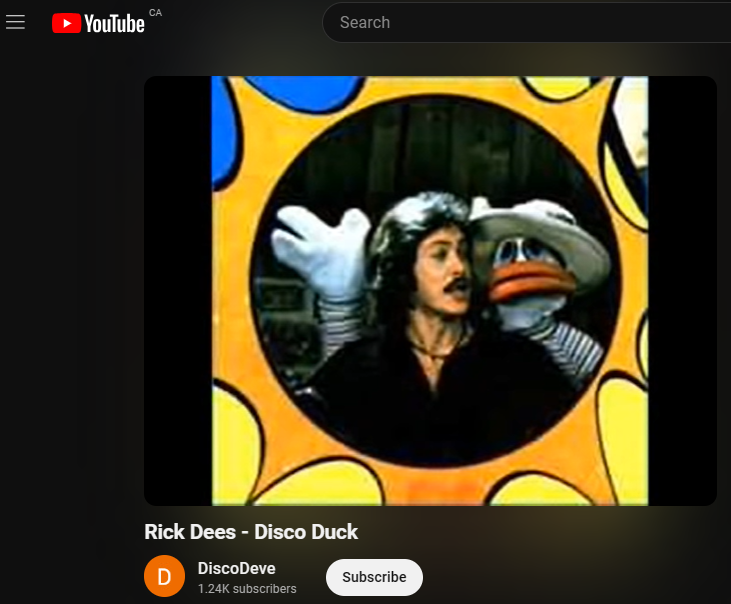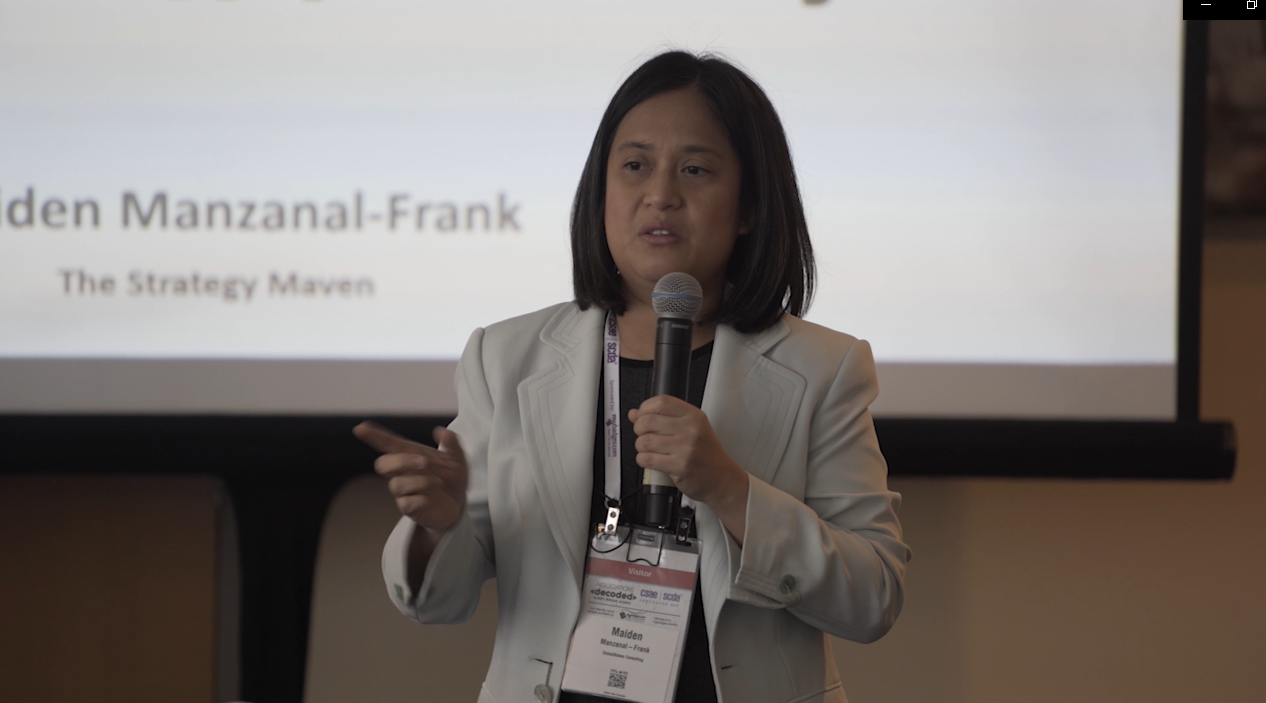Archives
April 2024
Categories
All
|
Back to Blog
DISCO DUCK4/19/2024 My husband hated drivers who disco-ducked into the gas station just to get ahead. If there's a vacant station, in front of another vehicle gassing up, the next one in the line will not wait but maneuver its way, however dangerous, to the vacant station. Drivers these days risk banging other vehicles causing mayhem by not giving just a few minutes for both stations to be free. Looking at these maneuvers as a spectator could cause a senior person to have a heart attack. The utter disregard for civility and respect is just out of this world. Civility and decency, folks are surely becoming rarified virtues these days. It's not that you will actually be ahead of others, you just want to prove the point that you're too busy (or important) to be waiting for your turn, properly. This is played out, unfortunately, in larger arenas of life, career, and business. People wanted to be ahead without putting the work and energy into it. People want to dismantle the systems so that they will feel truly uplifted and made equal with the rest. That folks, is the recipe for anarchy, disorder, through revolution without a just cause. I was the real Diversity worker from 2010-2015. I was in the trenches working with diverse elements of my community to bring harmony and connections among these groups. At that time, people scorned the idea that diversity could be a staple form of service under human resources. The words 'Diversity and Inclusion' weren't sexy enough to harbor more visible support than an implicit understanding that this practice helps the bottom lines. Nowadays, DEI experts mushroomed in matters of two to three years. The battle cry is to topple anyone or any symbol that goes against the current standards of morality and ethics. This is like saying, "We know what happened in the past, thus we declare you all guilty of being complicit to the reason our current lives are miserable." On their moral high-horse, this is an emblematic of a generation who are fed by social media thinkers and intellectuals, who don't know any better. I'm very sad that DEI has become a billion-dollar industry run by revolutionaries who bought houses and expensive cars, and hired their relatives when they received vast sums of corporate money. I lament how this had turned out and the miseries of people of color, immigrants, and those living in marginalized conditions continue, unaddressed. I suspect that this hijacking of this practice is all about wanting to get ahead of the line, getting power (and all that comes with it), and believing in their hearts of hearts that they can get away with it. That they truly deserve to be elevated. My husband hated disco ducks. I don't blame him at all. PS. Disco Duck is a popular song in the 70s with a catchy tune and comical lyrics. Google it out!
0 Comments
Read More
Back to Blog
INTERNALIZED POVERTY3/11/2024 This internalized poverty mentality is pervasive in non-profit, purpose-driven space. The wages are way too low compared with other industries. There's no mentorship and workforce development within this sector. No investment in anything long-term. They are proud of Zero budgeting. A zero-sum competition exists between non-profits in smaller cities especially for funding. The skeletal staff is doing 2-3 jobs for a salary of one. The Board is always a hands-on board, sometimes meddling too much on implementation. Volunteers are used as second-level staffers. Funders do not trust them to develop their organizations, only to deliver the programs. I got almost into a debate after I spoke about the fallacy of 10% administration budget that funders would only fund. I reasoned that 10% is too miniscule to account for what non-profit needs to scale, grow, and build stronger and robust systems for the community good that they do. A woman retorted, " so Executive Directors get to pad their pockets with lots of money?" Is this really what we think about this issue? What a narrow, escapist notion that people will pad their incomes when given more money for administration. It's like saying that we should not build bridges and roads because the contractors get the best of taxpayers monies or that politicians get a kickback somehow. There's no future in this poverty mentality than more poverty, scarcity leading to bad, low quality, one-size-fits-all services that serve no one. This is the loop that should be condemned by everyone. The non-profit is in a crisis and it has been like that for a long time. If these structural issues continue, no amount of billion dollar funding can make it better, it could trigger a more dog-eat-dog scenario. Let's stop kidding ourselves that it will change when a new government comes, or when the funders will get an epiphany, or maybe, if we can just demand for reforms. No! this is a case for societal response to a major overhaul. And I don't think we are near fed-up which is what I hope so.
Back to Blog
PAST WANTS3/7/2024  I remembered when I was a fresh Masters graduate, I had been wanting to just travel and work abroad. It happened fast enough for me. Sooner than later, I got to travel for a really good reason, as a volunteer advocate internationally and then travel more because of work. Now, with 33 countries under my belt, I would only travel for a very strategic reason. My wants are totally different five years ago when I started my business. Now at my 6th year, I have learned lots, made mistakes along the way, some wants became old. I used to want to grow fast and do all kinds of stuff that would increase my market share. I found out that it's better to niche and dig deeper in one specific market where I can be distinguished from the rest. It's better to create your own track than to follow someone's framework of success. What's working for me is where I truly feel am perfectly situated. This realization improves my wants. My current wants are important but not enough to the level of needs. My mission is to help other people get the kind of leadership capacity they want, the organization they dream about, and impacts they want to bring. And my gosh, it already a mission statement of a lifetime! |
 RSS Feed
RSS Feed

